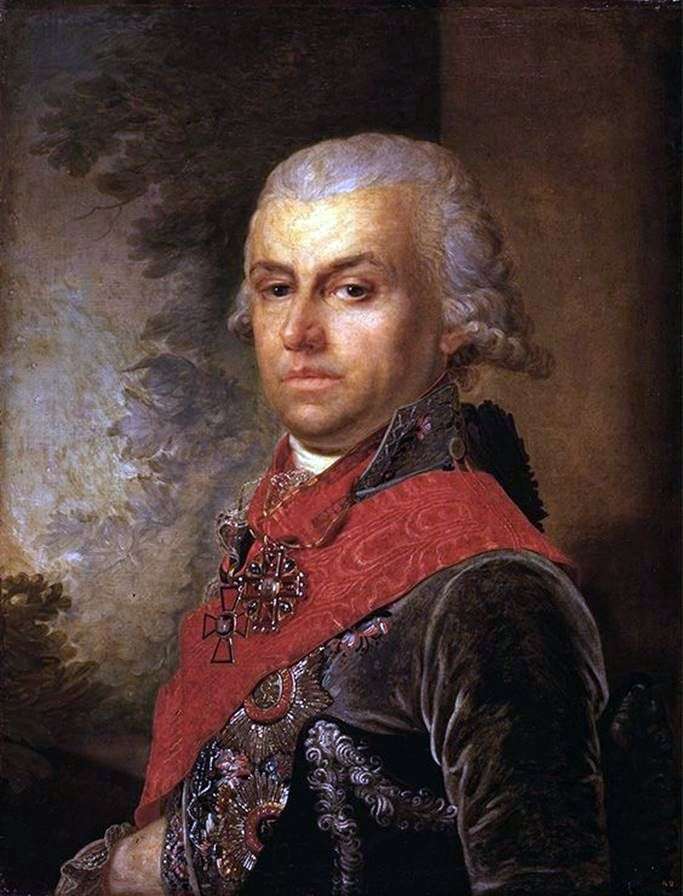
Before us is a portrait of a well-known official, Minister Dmitry Prokofievich Troshchinsky. The fate of this man was unusual. The son of a military clerk, who had learned to read from the sexton, he by the end of his life rose to the post of minister and was appointed a member of the State Council, having reached the top of the service ladder.
Troshchinsky was a man of “excellent firmness and rare in the affairs of state art gifted.” Written documents and decrees on clarity of thought and clarity of presentation are among the best works of the business syllable of that time.
His character, apparently, was not easy. According to one of his contemporaries, Troshchinsky always “seemed” older than his age, “he looked somewhat sullen: friends had a friend, and enemies were enemies.” The portrait of Borovikovsky’s work can serve as a kind of illustration to this verbal description, so the artist penetrated into the character of Troshchinsky. On the portrait at Troshchinsky’s wide face with an unfriendly look and firm outlines of the mouth. A clear mind and persistent will are guessed in him.
There is also the gloomy perseverance of a man who came “from below”, who received nothing “by birth”, but achieved everything himself. There is also the importance of a dignitary in Troshchinsky, the proud awareness of his own significance and the authority of a major official who has become accustomed to dispose of people.
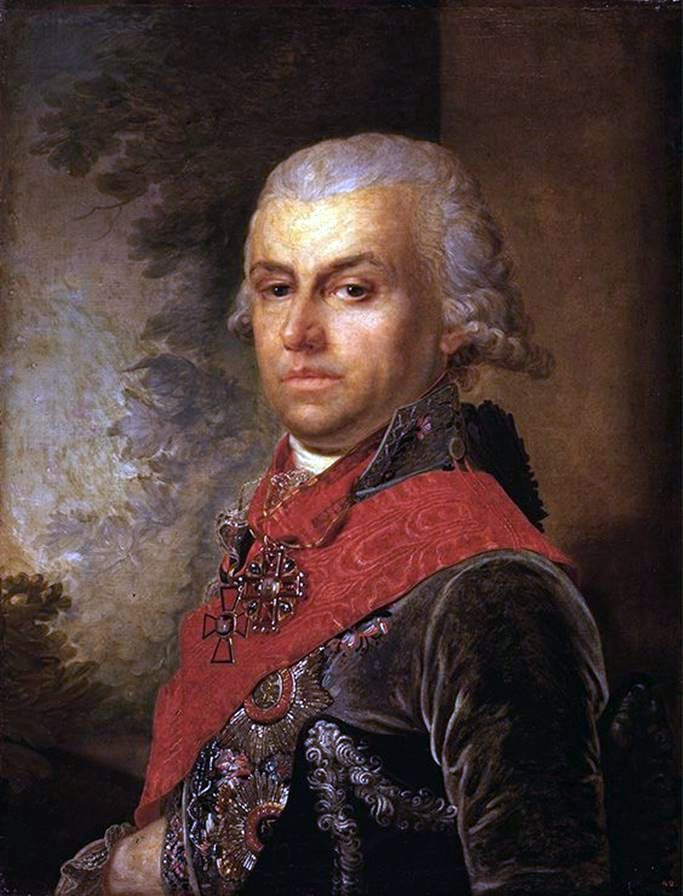 Portrait de D. P. Troshchinsky – Vladimir Borovikovsky
Portrait de D. P. Troshchinsky – Vladimir Borovikovsky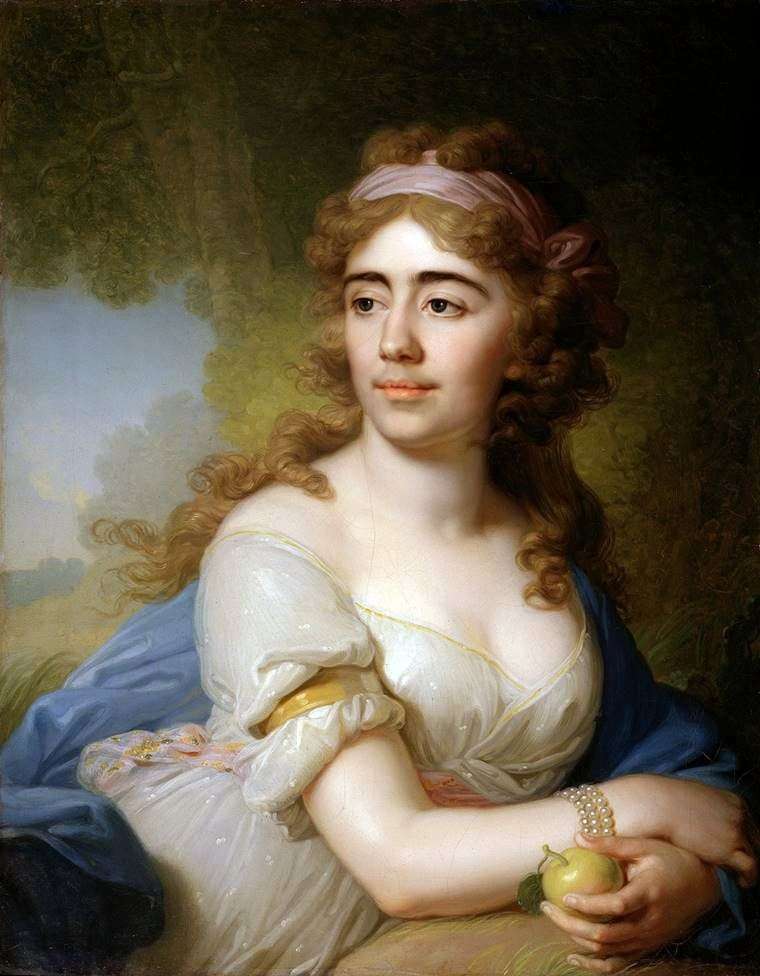 Portrait of Skobeeva by Vladimir Borovikovsky
Portrait of Skobeeva by Vladimir Borovikovsky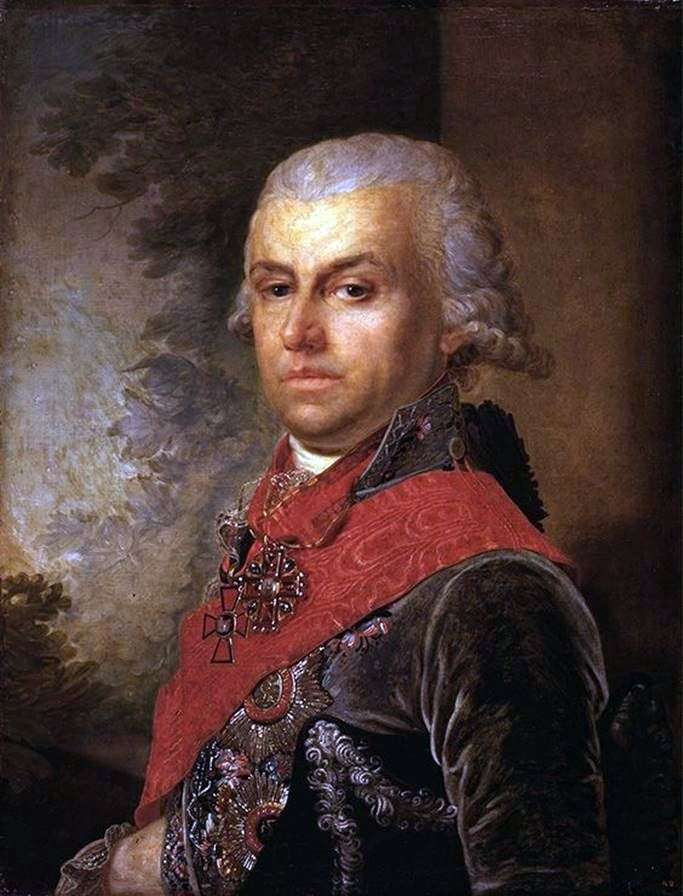 Retrato de D. P. Troschinsky – Vladimir Borovikovsky
Retrato de D. P. Troschinsky – Vladimir Borovikovsky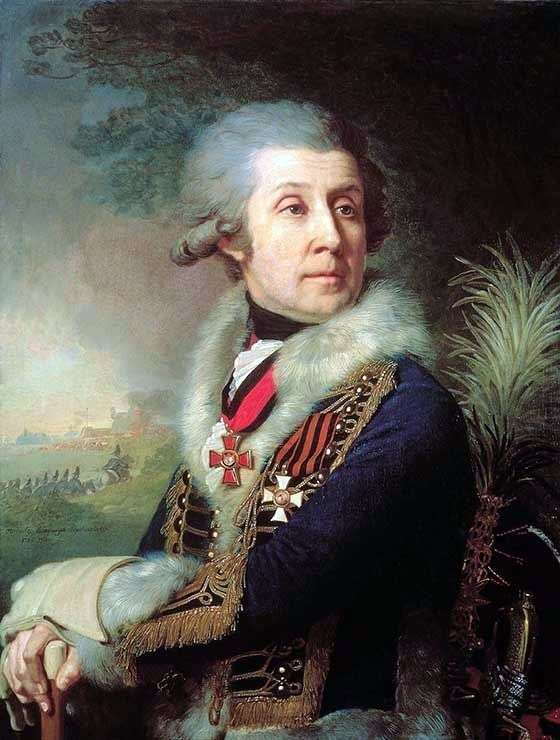 Portrait of F. A. Borovsky by Vladimir Borovikovsky
Portrait of F. A. Borovsky by Vladimir Borovikovsky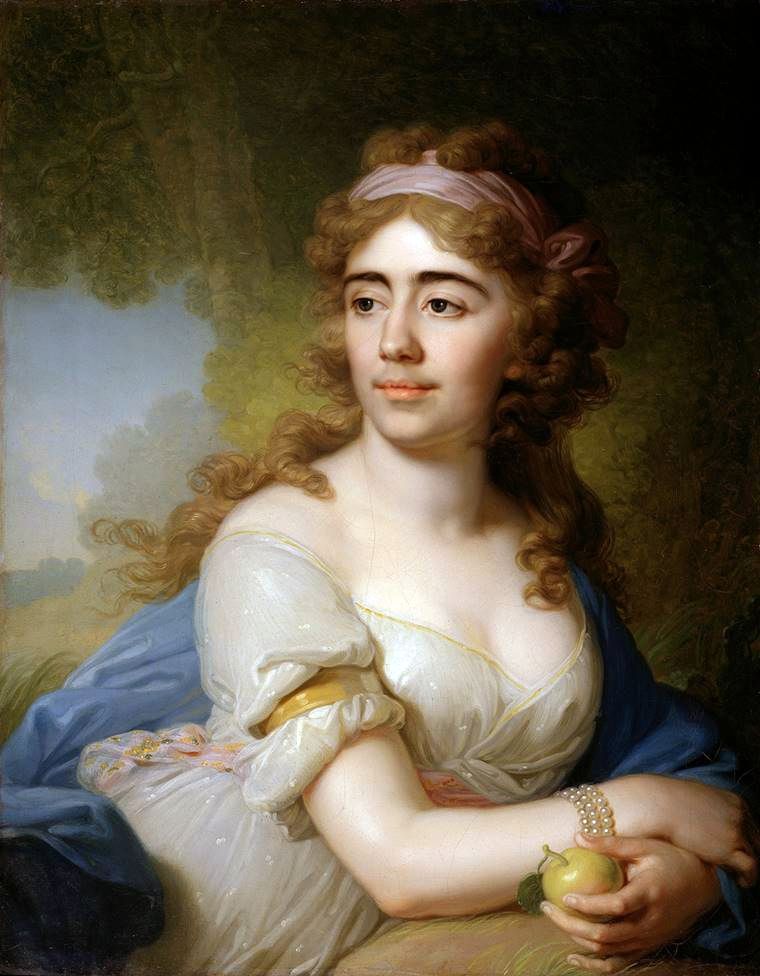 Portrait de Skobeeva – Vladimir Borovikovsky
Portrait de Skobeeva – Vladimir Borovikovsky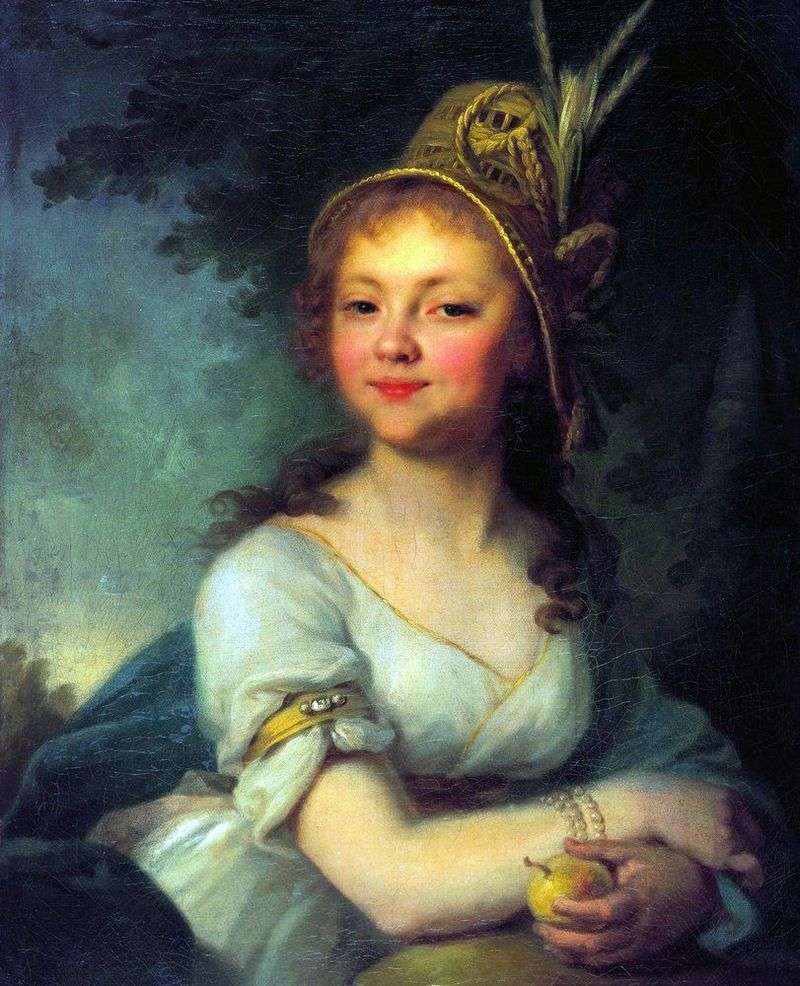 Portrait of E. N. Arsenieva by Vladimir Borovikovsky
Portrait of E. N. Arsenieva by Vladimir Borovikovsky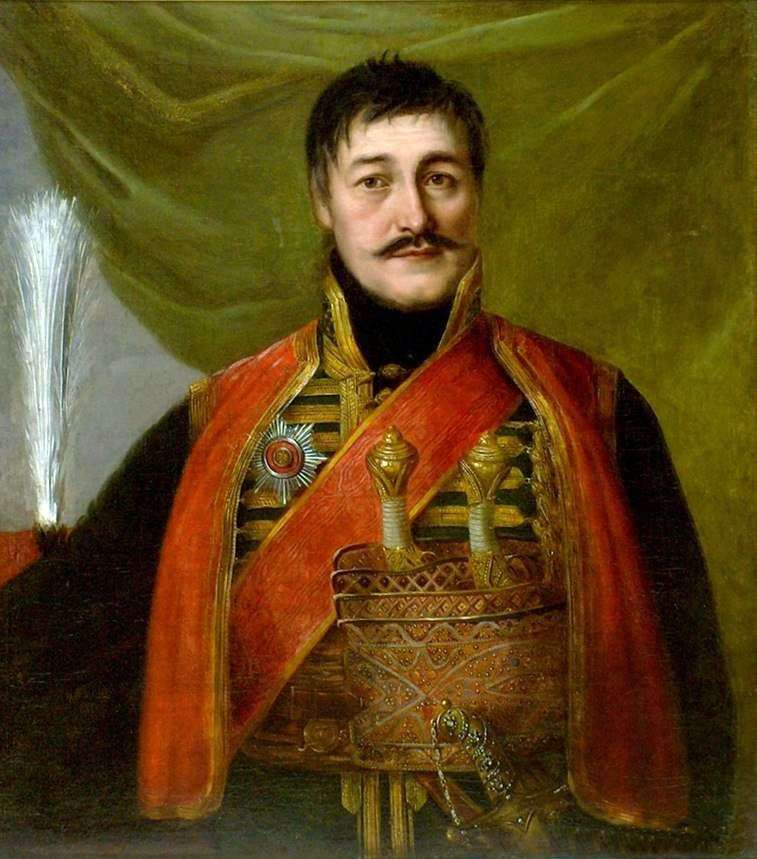 Portrait of Karageorgia by Vladimir Borovikovsky
Portrait of Karageorgia by Vladimir Borovikovsky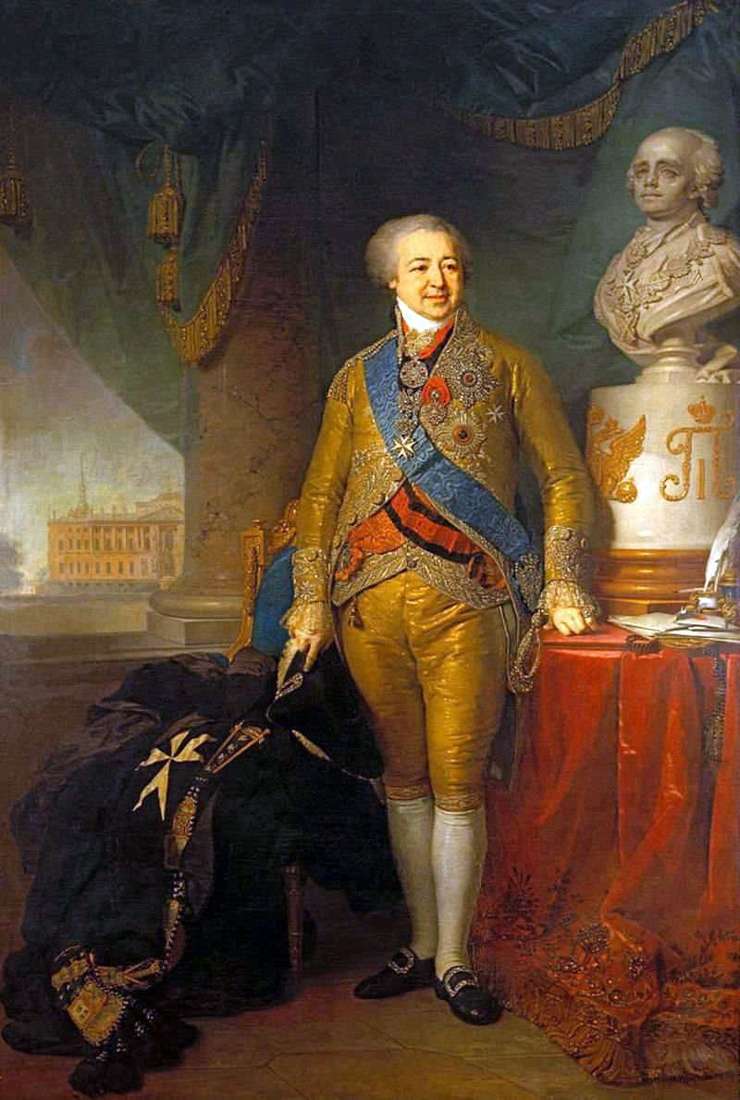 Portrait of Prince Alexander Borisovich Kurakin by Vladimir Borovikovsky
Portrait of Prince Alexander Borisovich Kurakin by Vladimir Borovikovsky